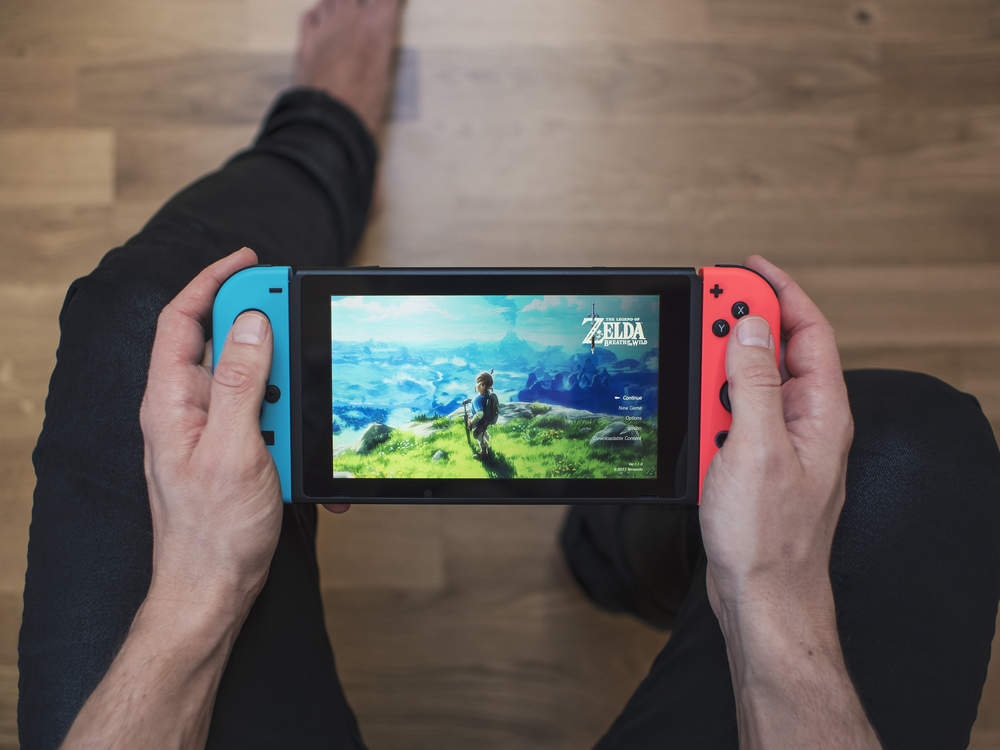The way people are buying games consoles has changed in recent years.
The tent poles of new console releases don’t exist in the same way for big physical retailers like Game Digital, leaving a hole in their finances and the release of both the Nintendo Switch (at the beginning of the year) and Microsoft’s Project Scorpio (at the end of 2017) will not be able to revive the struggling market.
While these high profile releases will generate a spike in sales for retailers this year, it will be nearly impossible for them to replicate in 2018.
This, coupled with declining sales of older generations such as the PS3 and Xbox 360, has resulted in poor performance among games retailers.
Last week Game Digital announced its first half profits had declined by some 26 percent on the same period the year before despite the mid-cycle launch of the Sony PlayStation 4 Slim, and the new PlayStation Pro and PlayStation VR.
These clearly failed to capture consumer imagination – critical when PlayStation’s VR costs an eye-watering £349.99 ($426) and when add-ons, such as a camera, are also costly.

US Tariffs are shifting - will you react or anticipate?
Don’t let policy changes catch you off guard. Stay proactive with real-time data and expert analysis.
By GlobalDataPhysical retailers in the games console market will likely continue to struggle over the next couple of years, begging the question of whether retailers should give so much focus to consoles and new launches?
Nintendo’s back with the first big launch of 2017
Last month Nintendo launched its latest games console: the Nintendo Switch.
There was concern that the highly portable machine would be as anti-climactic as the 2012 Wii U launch. Yet this has not been the case, much to the relief of Nintendo share holders and retailers alike.
In its first weekend, 80,000 consoles were sold, with many stores keeping some stock aside to ensure that those who did not purchase on pre-sale had the opportunity to buy one on launch day.
Almost a month after its release, the console is still out of stock on major retailer sites and in stores.
While some might argue Nintendo underestimated sales volumes, the limited availability has helped it to appear even more popular and will protect retailer profit margins in the near future.
A launch not without controversy
The Switch has already been hit with a number of storms since its release; dead pixels on its screen and poor connectivity in its left controller have dented excitement.
Nintendo has said it’s fixed the controller issues, so some are likely to hold off buying the device until the new and improved version has reached stores.
While as strong a launch as Nintendo could have hoped for, the latest console from the Super Mario creator is unlikely to alter the plight of games retailers as consoles are now launched less frequently.
Meanwhile consumers aren’t buying the much hyped mid-cycle upgrades as they fail to deliver significant improvements.








